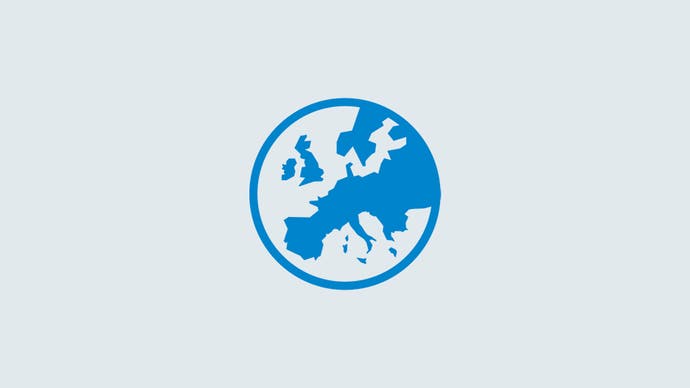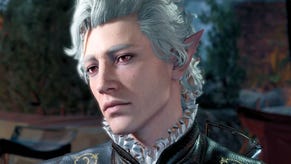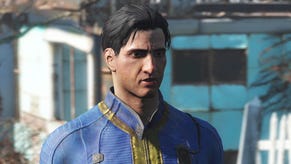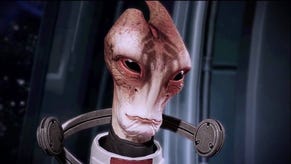Peter Moore didn't order Dreamcast's death alone
Says 2008 comment was misinterpreted.
Contrary to popular belief, Peter Moore wasn't solely responsible for calling time on Sega's fondly remembered final console, Dreamcast.
Said Moore to The Guardian in 2008: "So on 31st January 2001 we said Sega is leaving hardware ... Somehow I got to make that call, not the Japanese. I had to fire a lot of people, it was not a pleasant day."
But now Moore has told IndustryGamers that his comment was misinterpreted, and that as many as a six Sega top-bods worldwide collectively sentenced Dreamcast - and Sega's console business - to death.
"You know it's funny, the idea of 'making the call' came out of an interview with Keith Stuart of The Guardian [in 2008]. When I said making the call, I was actually referring to the telephone call. He interpreted that as making the decision, and I was very much a part of the decision, but it certainly wasn't just me telling the Japanese team that we need to get out of the console business," explained Moore.
"We had all agreed - maybe a half a dozen people in the corporation around the world - of what we needed to hit for the platform to continue to be viable going into 2001, and we simply didn't hit those numbers. It's a difficult early period when you're selling hardware because you're not making a lot of money, and in some instances you're losing money. We needed to build an installed base and we just couldn't get there.
"It became ultimately somewhat of a self-fulfilling prophecy dictated by the numbers. And so my comment about making the call was that I had to announce - with several hundred journalists on the call, and I shall never forget it - that we were moving on and will not be selling hardware any more, and will be disposing of existing inventory as we transition to third-party publishing."
Peter Moore joined Sega from sporty company Reebok. After Sega he worked for Microsoft and launched Xbox 360. After Microsoft he became EA Sports top dog. Moore is still with EA, but as chief operating officer - lower only than Eric Brown (EVP and CFO) and John Riccitiello (CEO).
But of all Moore has done, it was the day he announced the Dreamcast's plight - and with it Sega's withdrawal from video game hardware - that he pin-pointed when asked about his greatest regret.
"Well I don't regret," he began, "but from a moment of sadness, [it was tough] when we had to say goodbye to the Dreamcast and admit to the world that Sega, after a couple decades of being a powerful hardware player who helped define and craft the direction of the industry, was unfortunately getting out of the hardware business.
"Having to transition to being a third party wasn't easy, and companies that had been our foes soon became our friends. That was very difficult, particularly the human cost of that, because we had to let a lot of people go that day in SoMa in San Francisco.
"That was a tough day because we had built so much together, and our lives were wedded to getting this thing off the ground and being successful, and for a while we were.
Moore concluded: "It was a very, very difficult day on 31st January 2001 when we had to pretty much fold the tent in hardware and transition the company to being a third-party software publisher."









